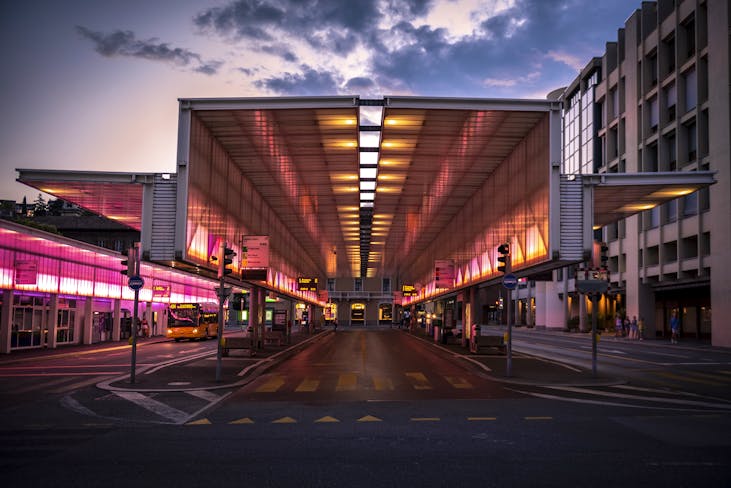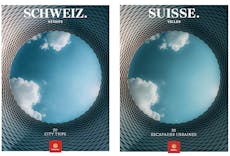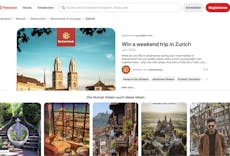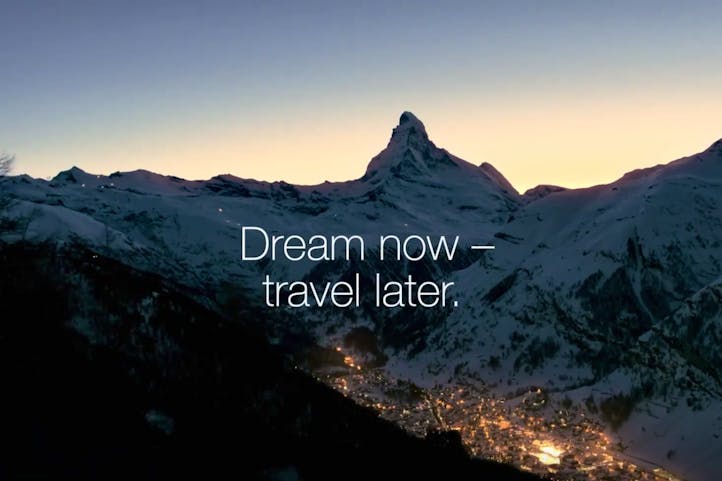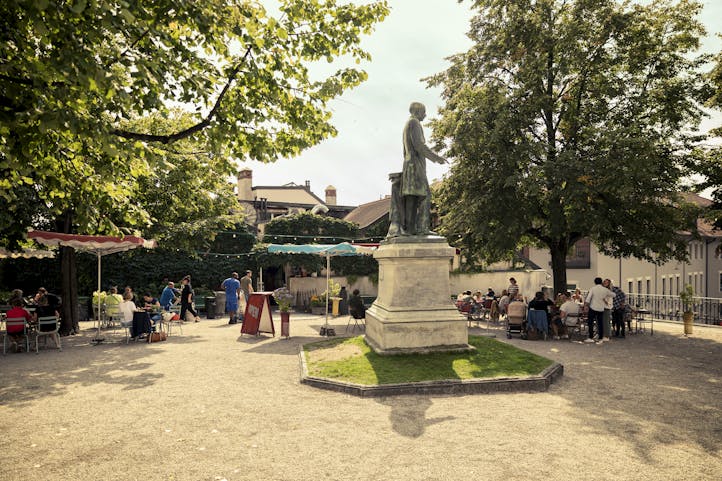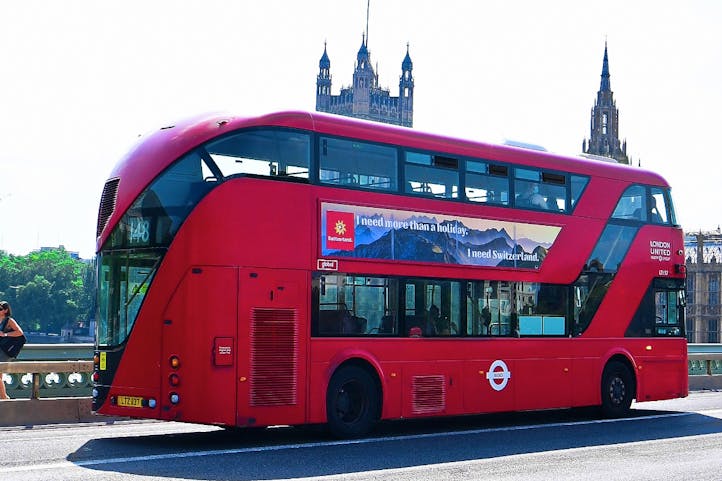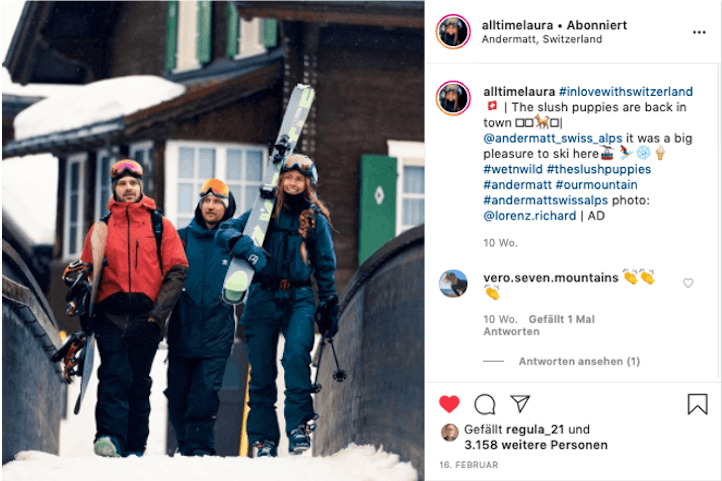Find out more about:
Whereas mountain destinations got off fairly lightly thanks to a relatively successful 2020 summer season and a good start to the 2020/21 winter season, with a 23,2% decrease in visitors, cities experienced a record slump of 56,5%.
This was caused by foreign visitors, particularly those from overseas, staying away and by the cancellation of meetings and conferences due to the Covid-19 pandemic and the resulting travel restrictions and protective measures.
Many city hotels faced going out of business or had already closed their doors forever. A survey conducted by HotellerieSuisse in November 2020 found that 27 out of 100 hoteliers in cities rated their probability of insolvency at over 50%.
Workshop with city representatives
In December, Switzerland Tourism ST invited the tourism directors of the ten biggest cities to a strategy workshop aimed at jointly shaping the future of city tourism. The focus was on developing innovative products and new approaches for offer marketing. These were based on the extensive cities campaign carried out during the pandemic in 2020, plus the additional recovery measures.
Sunday trading in Swiss city centres
In view of the precarious state of city tourism, ST also lobbied for Sunday trading, with shops and restaurants open for business, to help revive the tourist-dependent Swiss city centres. Especially in winter, the possibility of shopping on Sundays, combined with a warm welcome in a cosy restaurant or cafe, is a real incentive to choose a city break to Geneva, St. Gallen, Zurich or Lugano over a weekend in the mountains.
Testing instead of quarantine
In September 2020, the Swiss tourism industry, including the Swiss Tourism Federation, ST, GastroSuisse and HotellerieSuisse plus business associations and representatives, called for travellers arriving in Switzerland to be exempted for the requirement to quarantine if they present a negative Covid-19 test, under the slogan “Testing instead of quarantine”(available in German only). That would lead to an immediate revival in international travel, particularly for business people, who are essential for city tourism.


